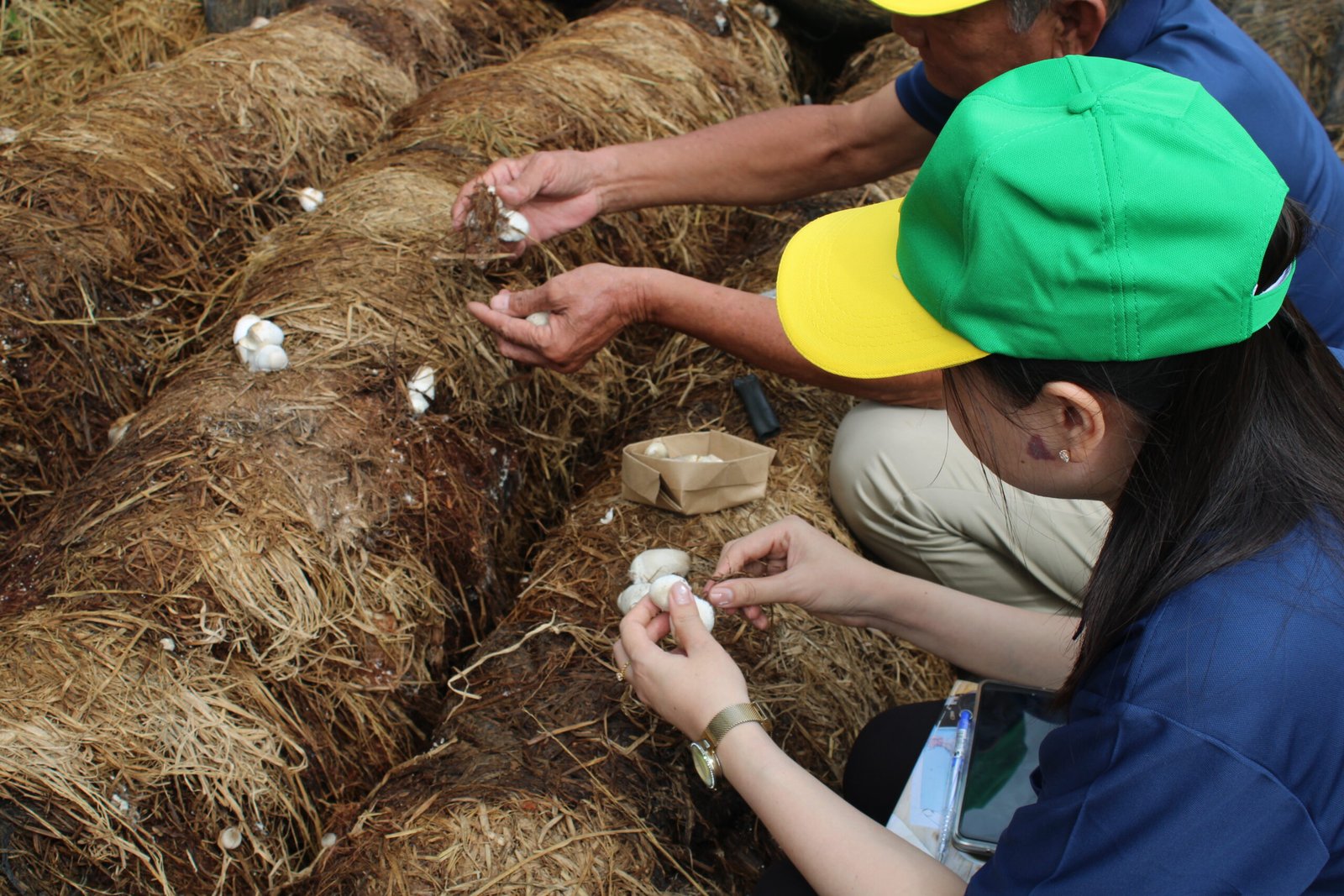Friday, 20 February 2026

Rice straw, long considered an environmental burden in the Mekong Delta, is being transformed into a source of income and sustainable agriculture through circular economy models. A recent Farmers’ Field Day in Rice Straw Mushroom Cultivation showcased techniques for growing straw mushrooms and producing organic fertilizer from rice residue, attracting roughly 300 farmers and delegates.
Organized by Can Tho City’s Department of Crop Production and Plant Protection, IRRI, and the Vietnam Rice Industry Association (VIETRISA), the event highlighted data from pilot programs demonstrating increased yields, reduced emissions, and tangible economic benefits. Participating cooperatives reported producing up to 50 tons of organic fertilizer monthly, constructing 500 m² production areas, and achieving mushroom yields of 750–900 kg per 40–42 day crop cycle.
Beyond farm-level gains, the initiative has fostered five sustainable business models, generating employment and boosting incomes relative to traditional rice-only cultivation. The program leverages digital tools like the IRRI Easy Farm App, strengthens cooperatives, and integrates technical support through e-extension knowledge hubs, enabling farmers to scale circular practices efficiently.
Local authorities affirmed their commitment to expanding these models citywide, emphasizing policies and incentives to facilitate machinery access and value chain development. The effort forms part of USDA-funded Fertilize Right, MKCF-supported Rice Straw-Based Circular Economy, and CGIAR’s Scaling for Impact programs.
Vietnam’s experience illustrates how circular agriculture can simultaneously drive climate mitigation, enhance productivity, and create new revenue streams, offering a model for rice-growing regions worldwide.